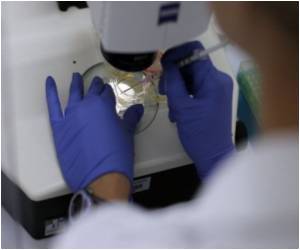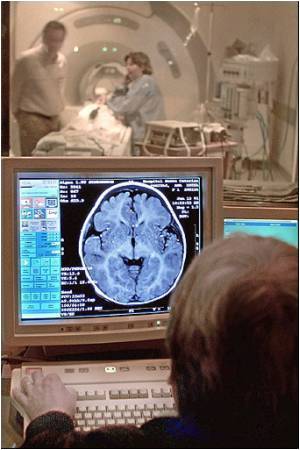
Advincula uses a concept he calls 'the artificial receptor concept' - similar to an enzyme functioning as a biochemical catalyst within a cell, like an antibody, binding with specific molecules to produce a specific effect in the cell.
The elements in Advincula's work, however, deal with metals and plastics and are called molecular imprinted polymers (MIP), a concept also used for making plastic antibodies.
These polymers show a certain chemical affinity for the original molecule and can be used to fabricate sensors.
Their key innovation was to use a process called electropolymerization directly on a gold surface and attached to a digital read out. The group's next step is to put this film on portable devices, thus acting as sensors.
"Our materials and methods open up these applications toward portable devices and miniaturization. Our device will allow, in principle, the development of hand-held scanners for bomb detection or nerve agent detection in airports," Advincula said.
Advertisement
Their next step is to expand the work to many other types of dangerous chemicals and also to proteins given off by pathogens. Ultimately, they plan to create portable hand-held devices for detection that will be made commercially available to the general public, as well as being of interest to the military.
Advertisement
Source-ANI









